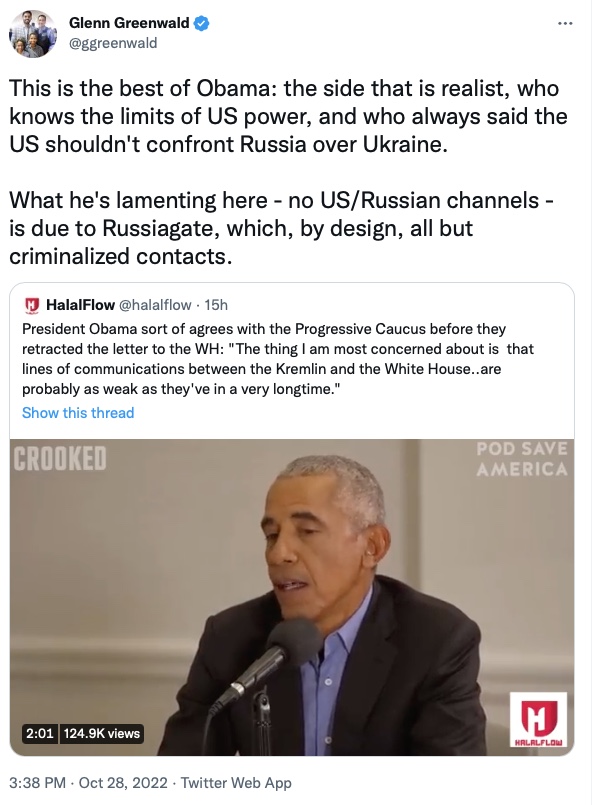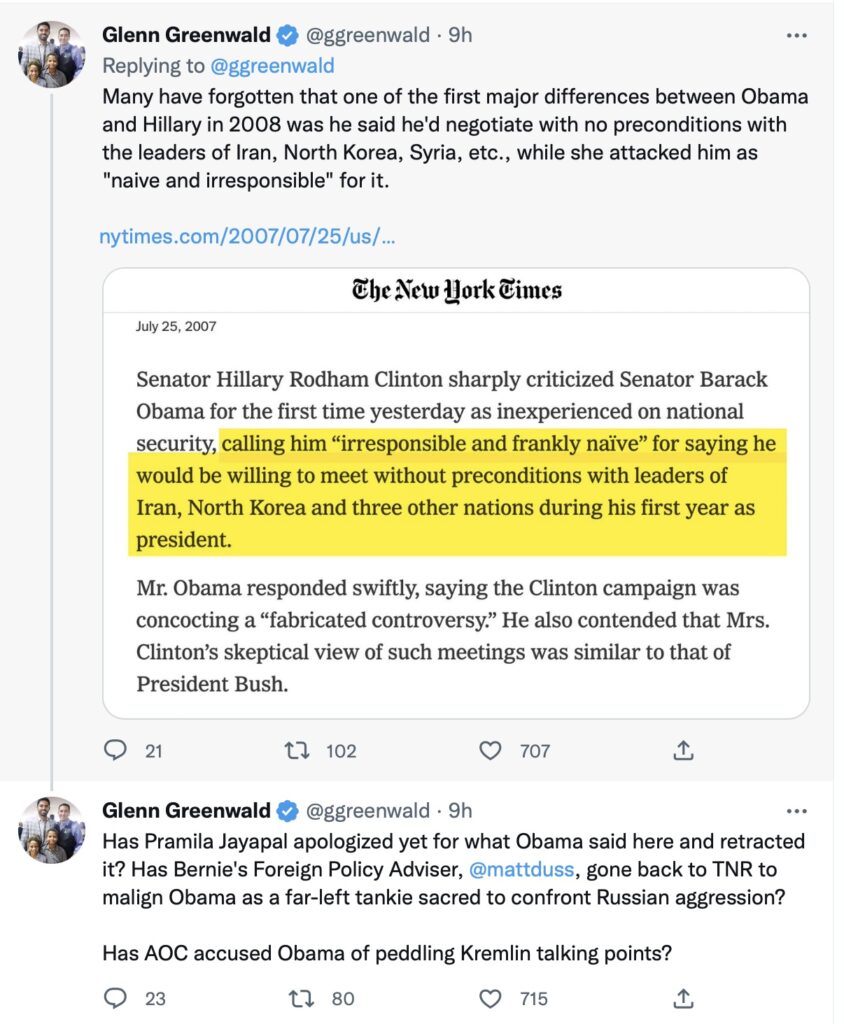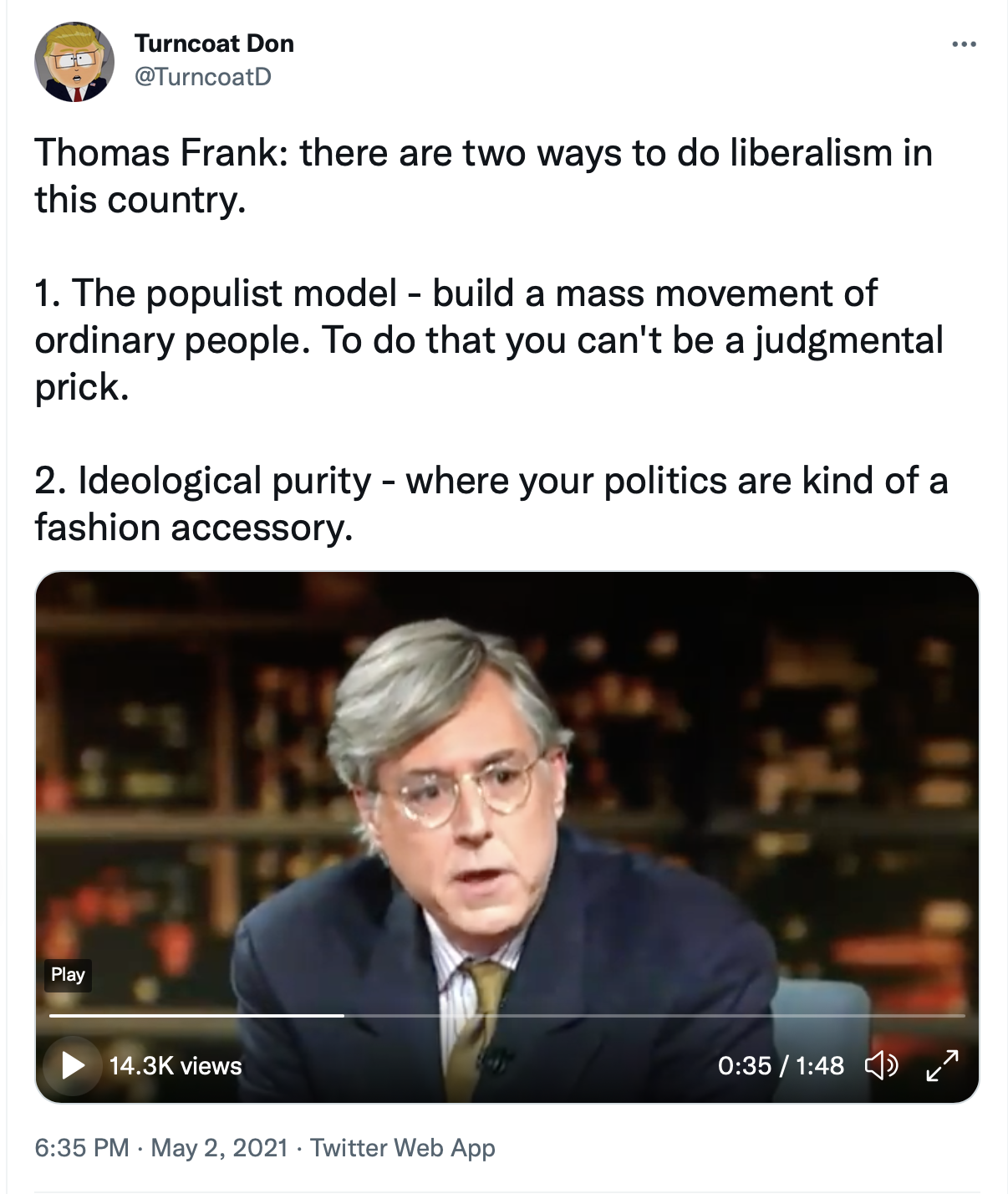An Inert People is “the Greatest Menace” to our Republic
Voting is obviously important. But as citizens of these United States, one of our most sacred obligations is to work hard between the elections. We need to talk with each other or else we will not be a united community, but only an ugly place were "factions" fight each other. For the Founders factions were one of their biggest fears. Here are Madison's words from "The Federalist No. 10":
Among the numerous advantages promised by a well constructed Union, none deserves to be more accurately developed than its tendency to break and control the violence of faction. The friend of popular governments, never finds himself so much alarmed for their character and fate, as when he contemplates their propensity to this dangerous vice. He will not fail therefore to set a due value on any plan which, without violating the principles to which he is attached, provides a proper cure for it. The instability, injustice and confusion introduced into the public councils, have in truth been the mortal diseases under which popular governments have every where perished . . .
By a faction 1 understand a number of citizens, whether amounting to a majority or minority of the whole, who are united and actuated by some common impulse of passion, or of interest, adverse to the rights of other citizens, or to the permanent and aggregate interests of the community. ...
There are two methods of curing the mischiefs of faction: the one, by removing its causes; the other, by controlling its effects....
The latent causes of faction are thus sown in the nature of man; and we see them every where brought into different degrees of activity, according to the different circumstances of civil society. A zeal for different opinions concerning religion, concerning Government and many other points, as well of speculation as of practice; an attachment to different leaders ambitiously contending for pre-eminence and power; or to persons of other descriptions whose fortunes have been interesting to the human passions, have in turn divided mankind into parties, inflamed them with mutual animosity, and rendered them much more disposed to vex and oppress each other, than to co-operate for their common good. So strong is this propensity of mankind to fall into mutual animosities, that where no substantial occasion presents itself most frivolous and fanciful distinctions have been sufficient to kindle their unfriendly passions, and excite their most violent conflicts. But the most common and durable source of factions, has been the various and unequal distribution of property.
Madison viewed "pure democracy" as a dangerous thing.
[More . . . ]



